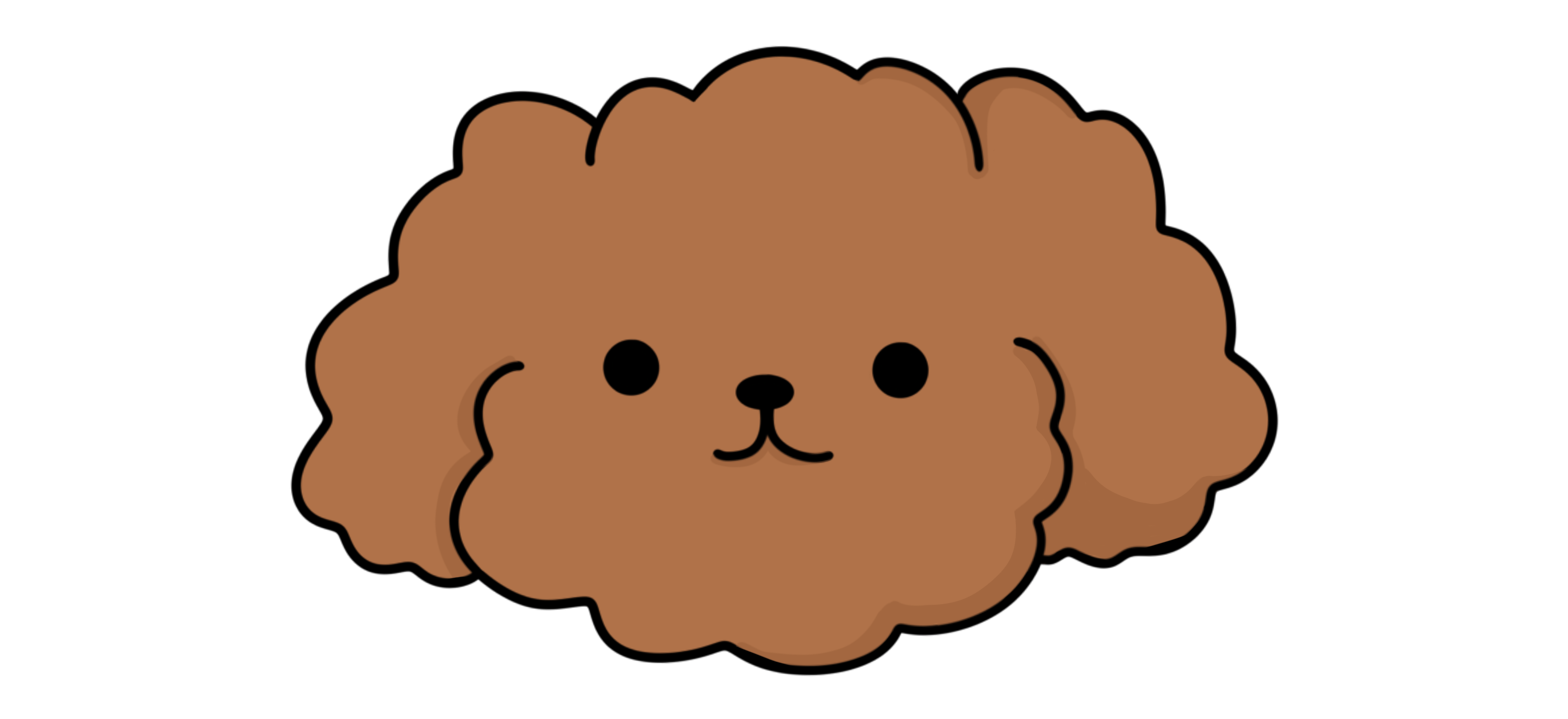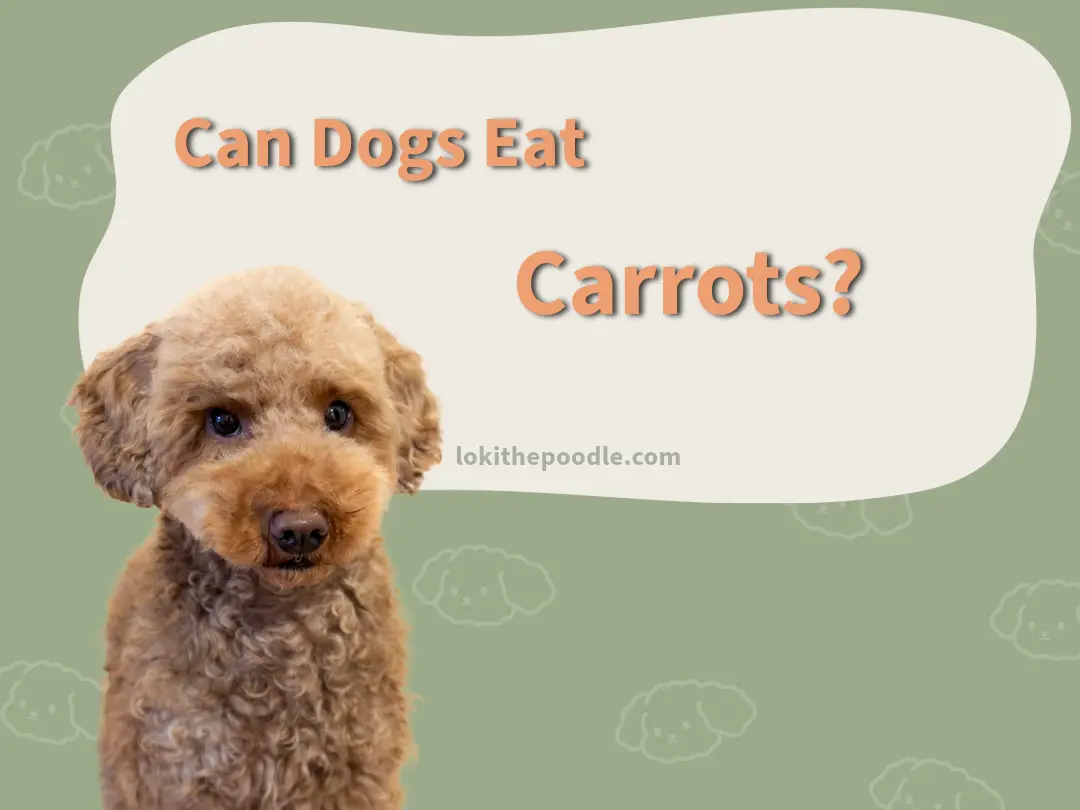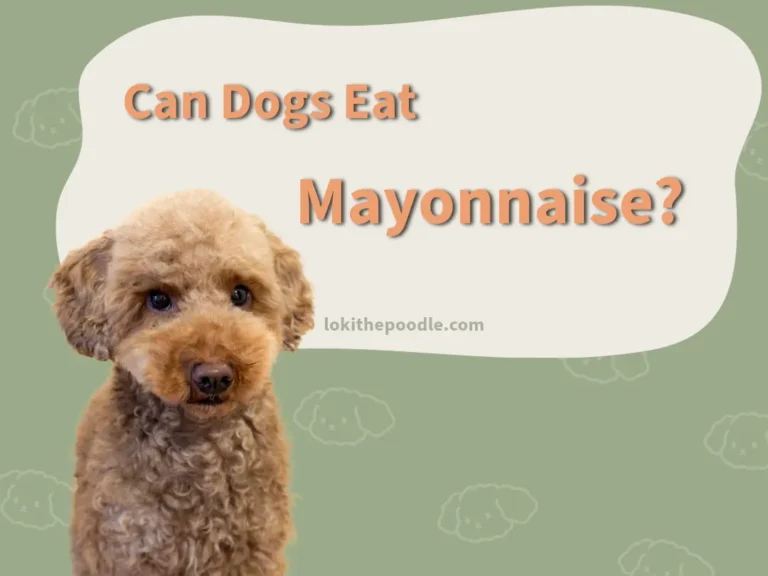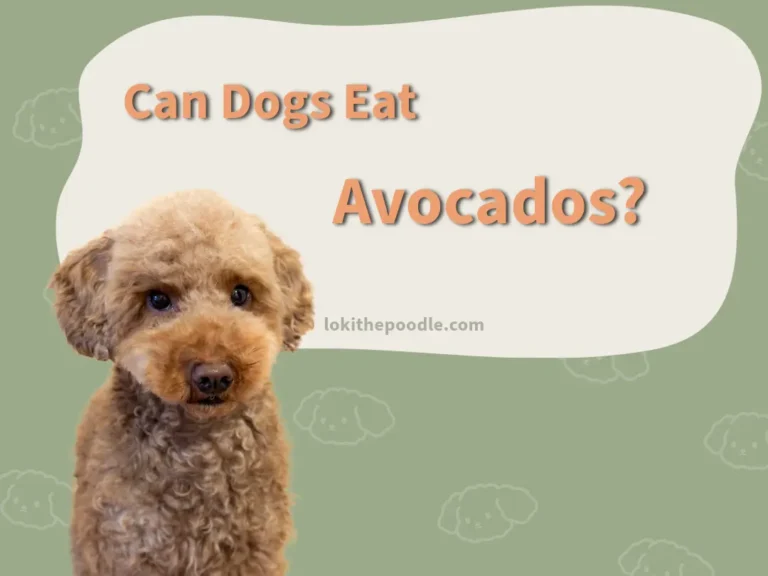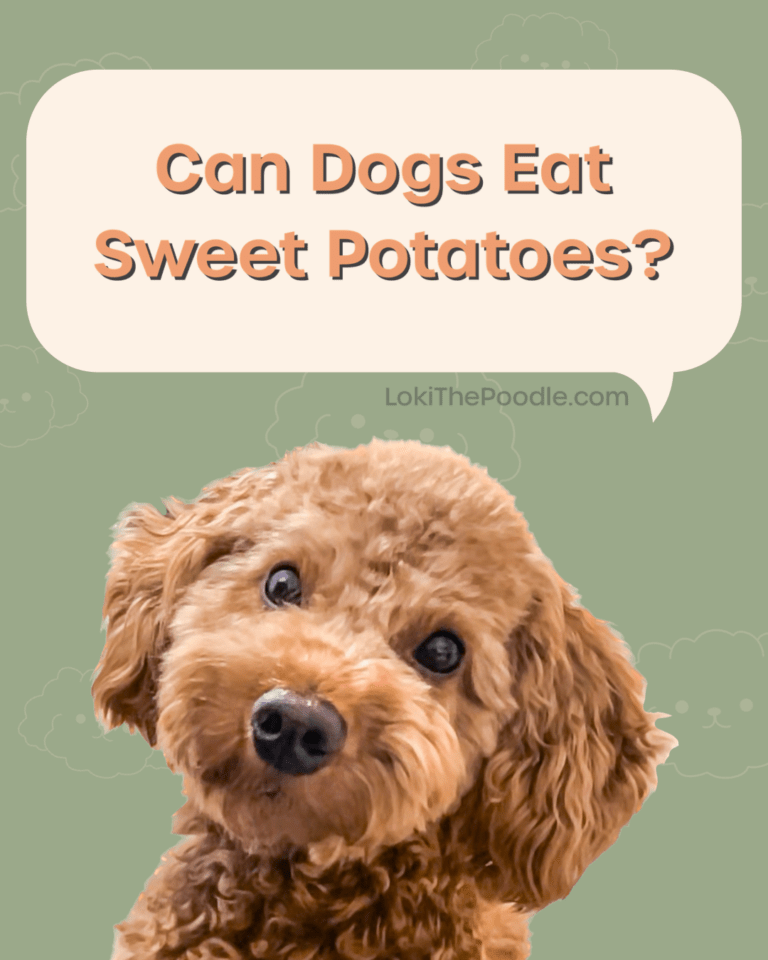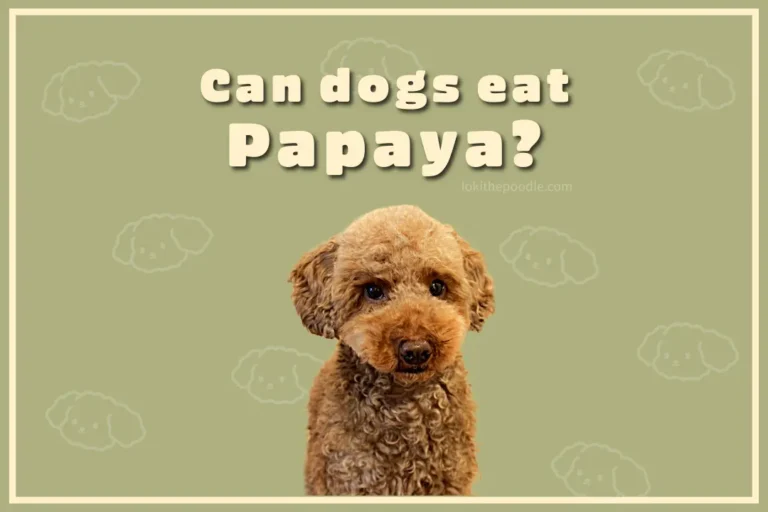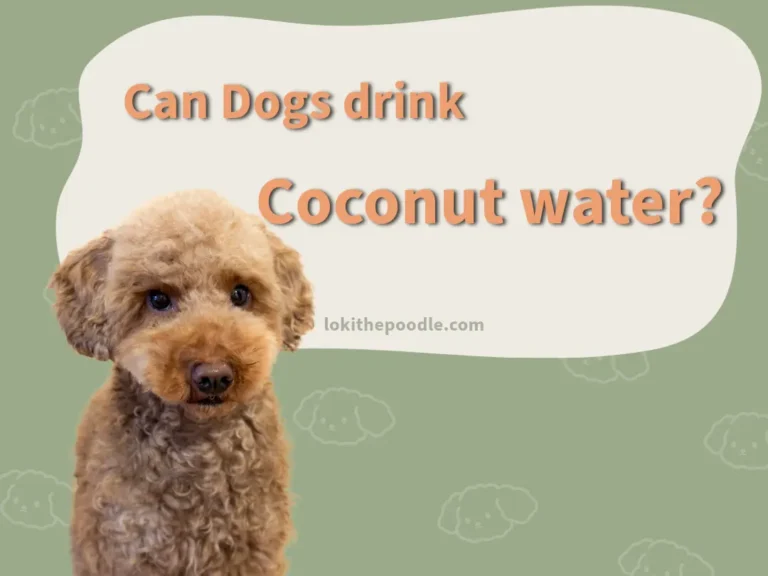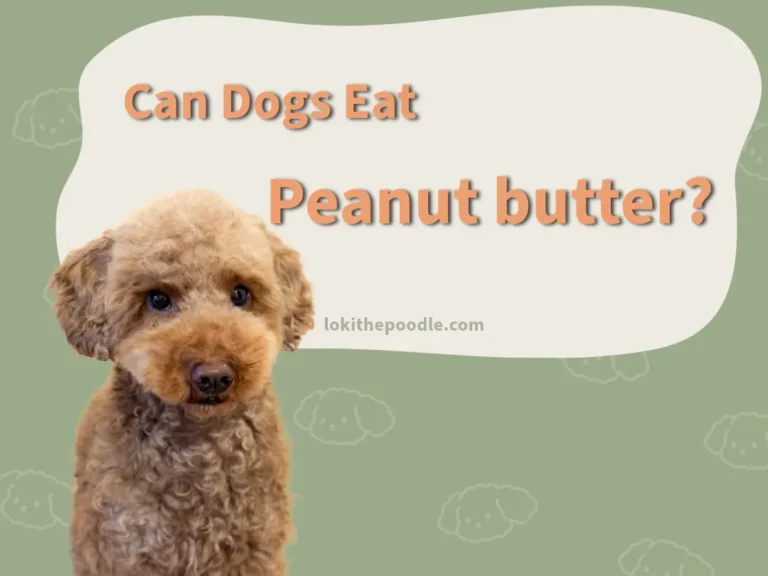Can Dogs Eat Carrots?
Yes, dogs can eat carrots! Carrots are an excellent, healthy snack for dogs that provide numerous nutritional benefits. They’re low in calories but rich in essential nutrients like beta-carotene, vitamin A, vitamin K1, potassium, and fiber. The crunchy texture of carrots can also help clean your dog’s teeth and promote dental health.

How to feed carrots to your dog
There are several safe ways to prepare carrots for your dog:
- Raw carrots: Wash thoroughly and cut into appropriate-sized pieces to prevent choking
- Steamed or cooked carrots: Cook until soft but avoid adding any seasonings, butter, or oil
- Frozen carrots: Can be given as a cooling treat, especially for teething puppies
- Grated carrots: Can be sprinkled over regular food
Important preparation steps:
- Always wash carrots thoroughly to remove dirt and pesticides
- Cut into appropriate sizes based on your dog’s size to prevent choking
- Remove the top green parts as they can be bitter
- Start with small amounts to ensure your dog tolerates them well
Warnings and Considerations
While carrots are generally safe, there are some precautions to keep in mind:
- Choking hazard: Always cut carrots into appropriate sizes, especially for small dogs
- Digestibility: Raw carrots may be harder for some dogs to digest
- Sugar content: While natural, carrots do contain sugar and should be given in moderation
- Allergies: Though rare, some dogs may be allergic to carrots

Portion Guidelines
The appropriate serving size depends on your dog’s size:
- Small dogs: 2-3 baby carrots or 1/4 regular carrot
- Medium dogs: 3-4 baby carrots or 1/2 regular carrot
- Large dogs: 4-5 baby carrots or 1 regular carrot
Feed carrots as treats, following the 90/10 rule – treats should make up no more than 10% of your dog’s daily caloric intake.
Good to know: Carrots can be a great low-calorie alternative to commercial dog treats, especially for overweight dogs. The fiber in carrots can also help with digestive health, and the act of chewing raw carrots can help reduce plaque buildup on teeth. However, while carrots are rich in beta-carotene, dogs convert this to vitamin A less efficiently than humans, so they should still get their primary nutrition from their regular dog food.
